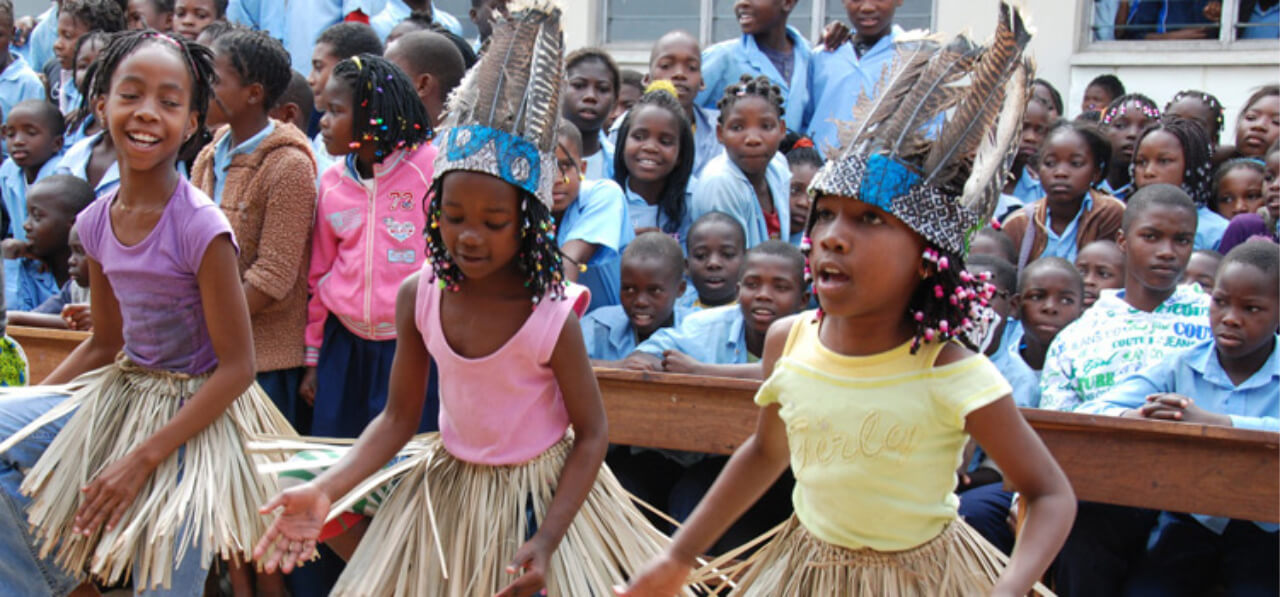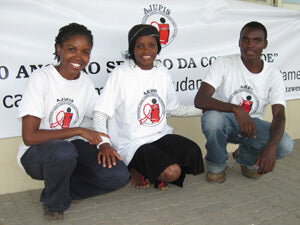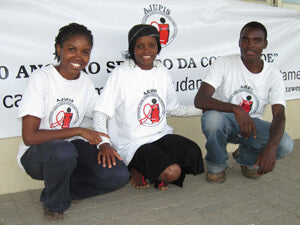Day 1
HIV/AIDS education for a young person from Mozambique
 Fighting prejudices with football, dance and theatre
Fighting prejudices with football, dance and theatre


Children and young people work together to fight HIV/AIDS

need
HIV/AIDS education for children and young people from Matendene, a suburb of Maputo.
activity
The youth organization AJUPIS conducts educational and awareness-raising events on HIV/AIDS in schools and the neighborhood, supported by its dance and theater group.
Measurable performance
Number of students who know how to protect themselves from HIV/AIDS.
Result
More students and young people are informed about how HIV/AIDS is transmitted, prevention and treatment options and are applying their knowledge.
Systemically relevant impact
In the long term, the aim is to reduce the number of new HIV/AIDS infections among children and adolescents.
background


The good deed
AboutMozambique
Maputo
Capital city
25 833 800
Population
630 USD
Gross domestic product
per capita per year

178
Human Development Index
(Human Development Index)



